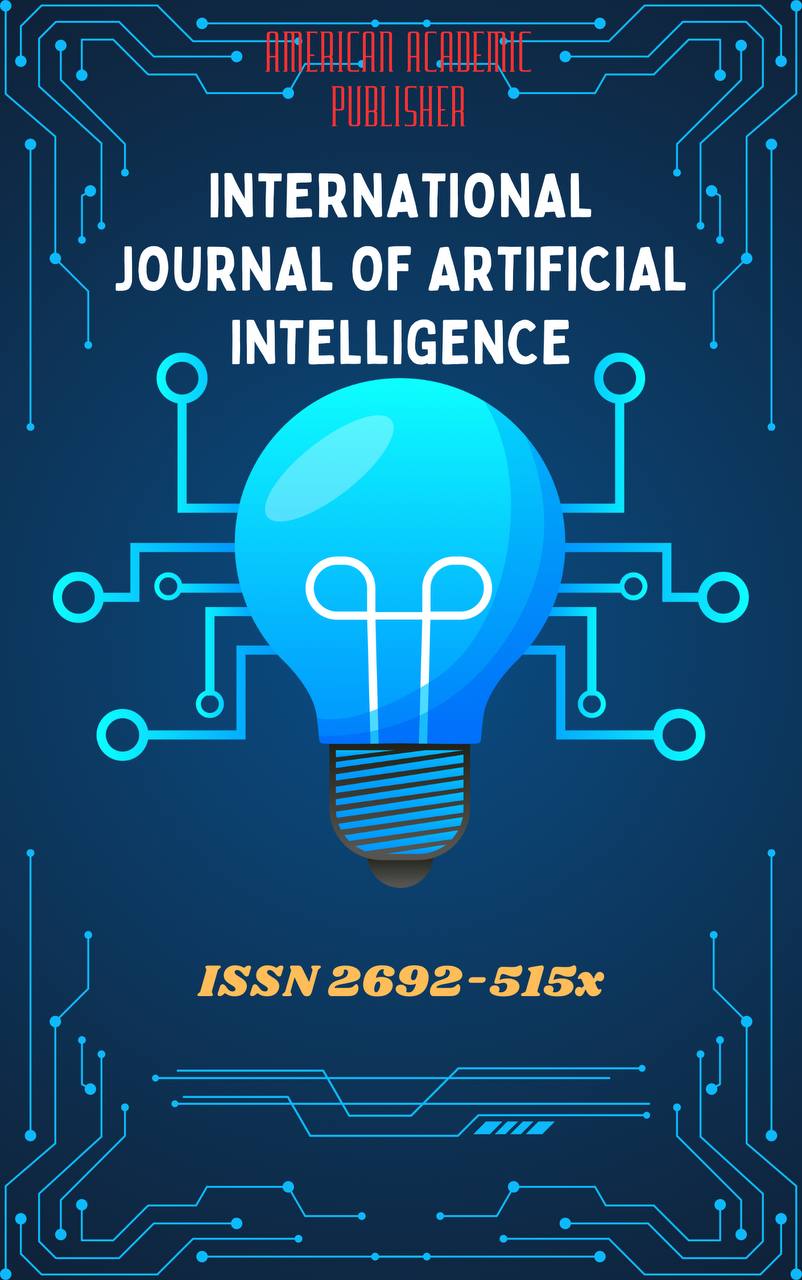 Articles
| Open Access |
Articles
| Open Access | IMPORTANCE OF USING LEARNING TECHNIQUES WHILE STUDYING FOREIGN LANGUAGES
Abillaeva Guljamal ,Ziyodulleyeva Aziza Akmalovna , second year student at UzSWLU philology faculty /Teacher at UzSWLU philology facultyAbstract
Using efficient learning strategies is just as important as motivation and exposure when learning a foreign language. These methods—which include self-testing, mind mapping, repetition, and spaced practice—help students assimilate, remember, and use language knowledge more effectively. This essay explores the importance of using learning strategies when studying a foreign language. The study shows through a review of the literature, student surveys, and classroom observations that students who actively employ particular strategies make more improvement in grammatical comprehension, communicative fluency, and vocabulary acquisition. The study comes to the conclusion that integrating learning strategies into language instruction promotes self-reliance, retention, and long-term achievement.
Keywords
learning techniques, language acquisition, strategy-based learning, student success, self-regulation, foreign language education
References
(2011) Cohen, A. D. methods for acquiring and applying second language skills. Man long.
Burns, A., and C. C. M. Goh (2012). Speaking instruction: A comprehensive method. Cambridge University Press.
Nation (2001) I. S. P. Learning a second language's vocabulary. Cambridge University Press.
J. M. O'Malley and A. U. Chamot (1990). Acquisition techniques for second languages. Cambridge University Press.
(1990) Oxford, R. L. Strategies for learning languages: Essential information for all teachers. Heinle and company.
In 2002, Zimmerman, B. J. Overview of developing self-regulated learning. Practice into Theory, 41(2), 64–70.
In 2001, Macaro, E. Classroom instruction for foreign and second languages: Learning strategies. A continuum.
Article Statistics
Downloads
Copyright License

This work is licensed under a Creative Commons Attribution 4.0 International License.

